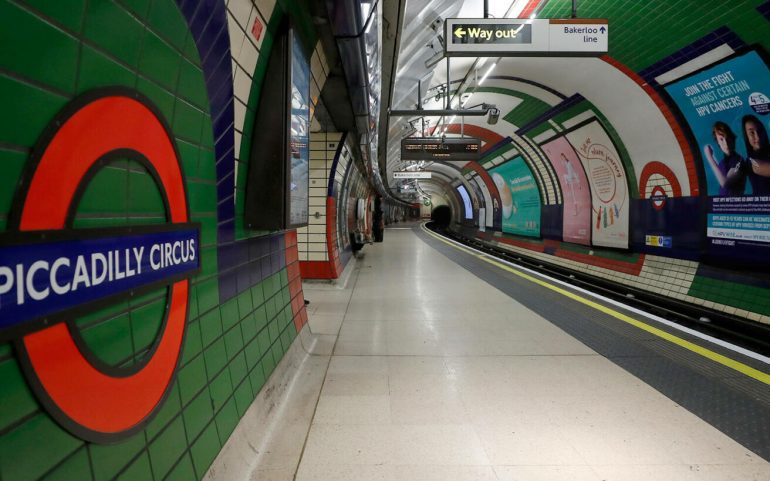For a short time, England stood alone with the rest of the world and the international experience.
At the time of the mainland Europe rushing to take action by closing schools and taking police to the streets to enforce strict traffic restrictions, high-ranking Island officials advised their citizens to go on with their lives as normal.
Schools, restaurants, theaters, clubs and stadiums were open, as were concert venues, and thousands of people actually flocked as if nothing had happened in the meantime.
Only the elderly (over 70) and those experiencing "flu-like" symptoms were advised to stay at home, as the British National Health Service (NHS) nicely explained.
But why were the English so relaxed when the rest of the world was and remains in a panic?
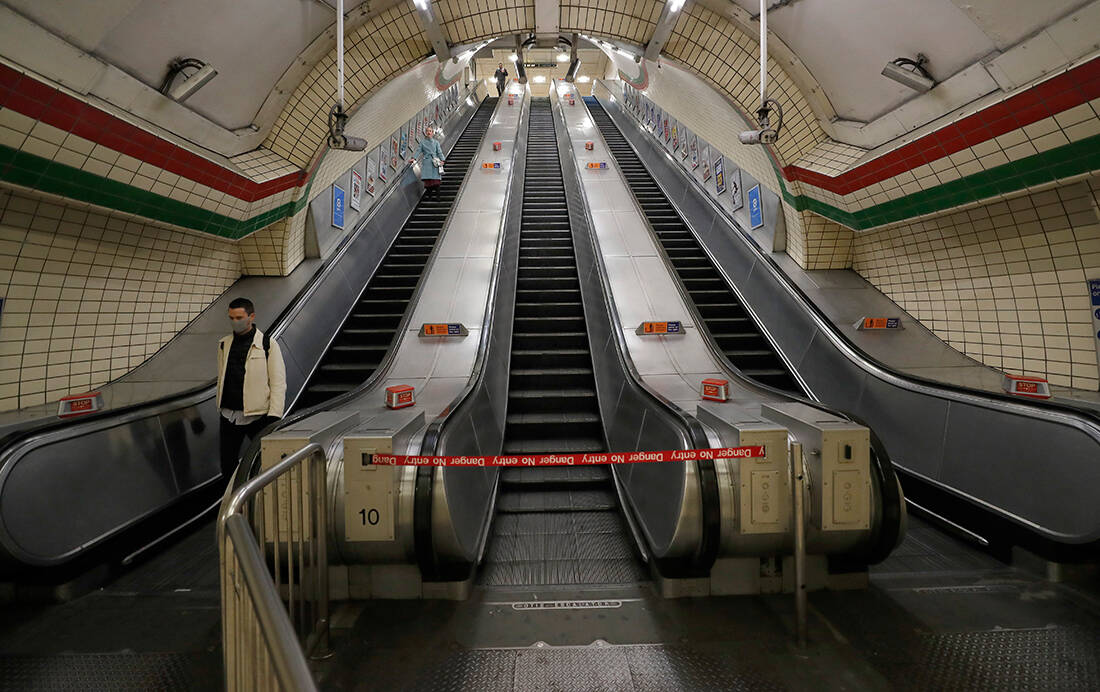
As you will surely have heard, the British had embraced a controversial epidemiological theory, officially adopted by the government's top scientific advisers.
They call it herd immunity and tells us that the best way to eliminate the long-term effects of the coronavirus pandemic is to let the virus spread unhindered in the general population, so that antibodies are made and the herd, the human herd here, acquires immunity.
Apart from the world uproar and the scientific outcry, however, last Monday the theory found the facts against it.
Η immunological study of Imperial College London for the impact of the coronavirus in the tested Italy showed that up to 30% of the cases treated in the country's hospitals had to be transferred to intensive care units.
These numbers, if repeated in England, could not be managed by the National Health System. It was the turning point…
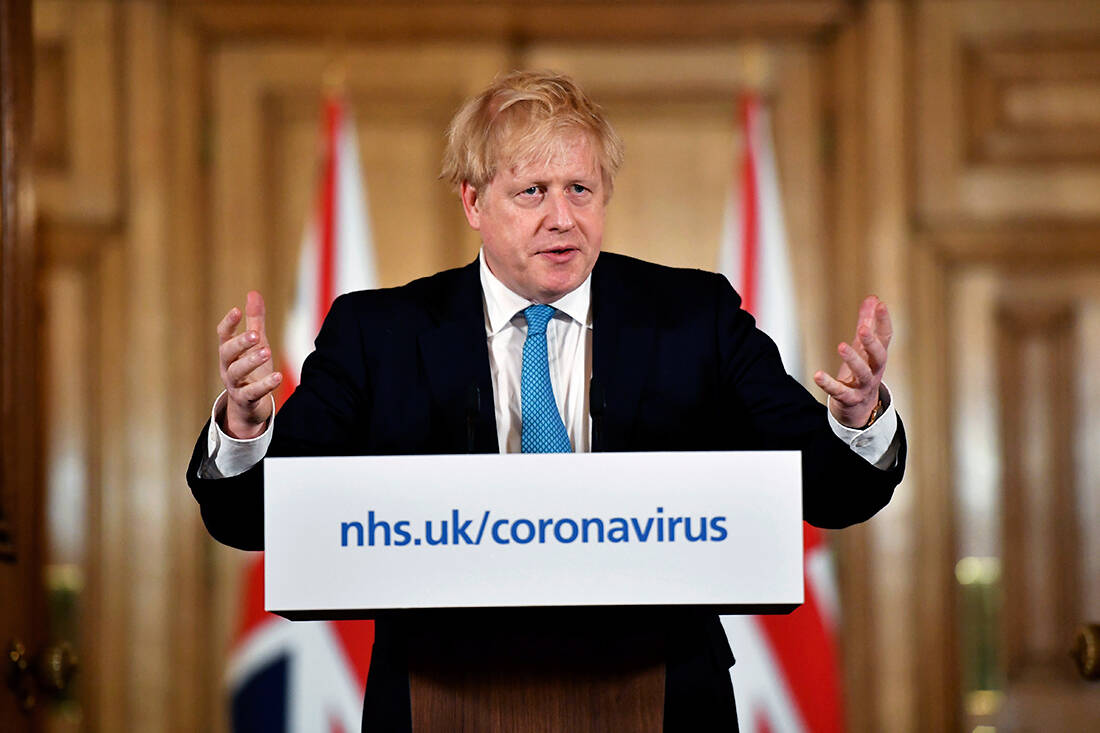
Within hours of the study, the British prime minister appeared in a new message from No. 10 Downing Street to tell us that the herd's immunity policy would not be implemented. Now it was visibly changed.
He now acknowledged the need for "drastic measures", announcing to his citizens that they should voluntarily withdraw from their daily activities, like the rest of the world.
Even so, the British Prime Minister's tone and the way the British apply it, still loose, restrictive measures remain in stark contrast to the rest of Europe. France's Macron has warned that his country is in a "state of war", as other European leaders have done.
Johnson now favors Trump's approach, addressing his people for voluntary public cooperation rather than state imposition. As does European Union.
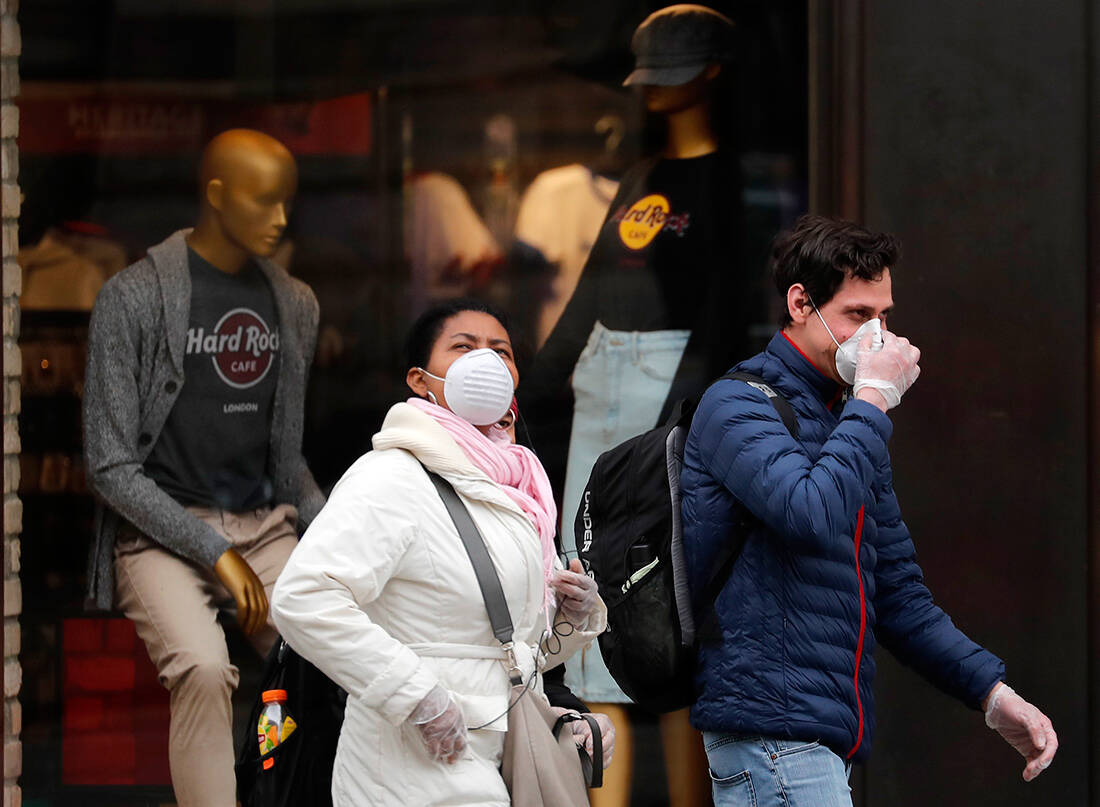
As Macron announced he would take 100.000 police officers to the streets to control curfews, Johnson was simply saying that his government was advising "public spaces, such as theaters, to be avoided."
Adding at the same time that "I do not think we will need to apply restrictive measures." That night, typically, social media was flooded with images with British to enjoy their drinks in the pubs normally.
And the next morning the prime minister's father, 79-year-old Stanley Johnson, told a morning TV magazine that "of course I will go to the pub if I want to go to the pub"!
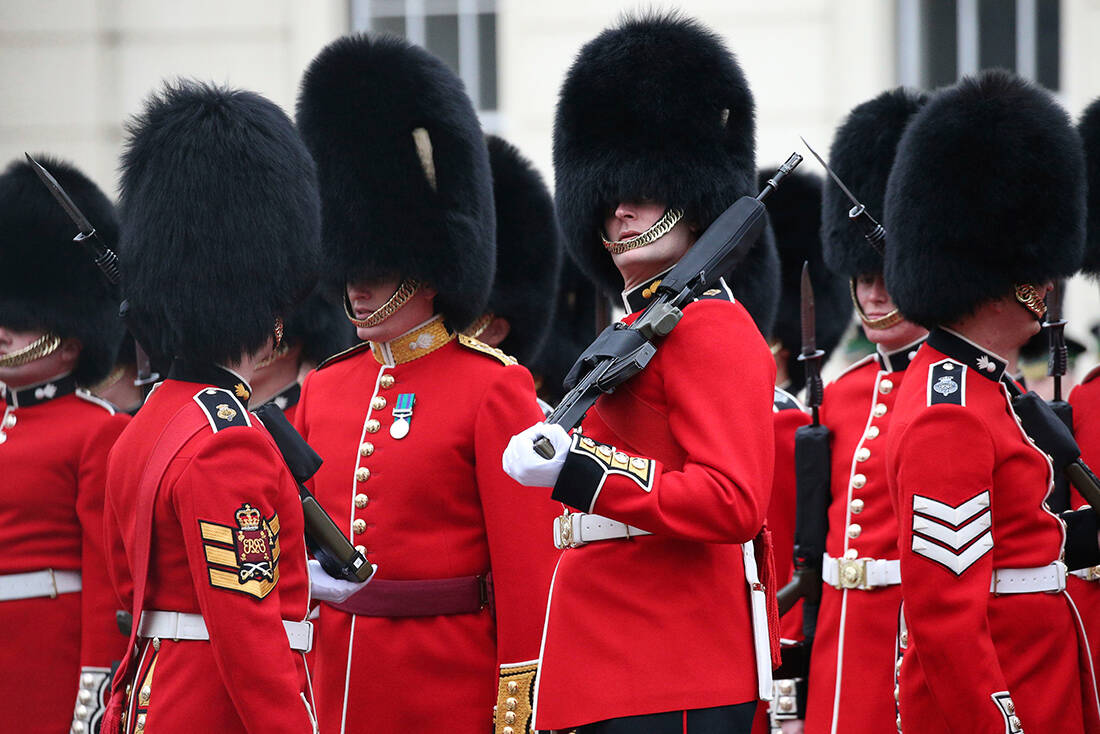
Not more or less, when the official English policy on the epidemic was first announced COVID-19, the country claimed that it wanted to infect 60% of its citizens with coronavirus.
Ο Boris Johnson he said in the first press conference that his country would follow a different strategy. Unique all over the world.
The state would stop monitoring suspicious cases and tracking their contacts, controlling only those who reached the threshold of the hospital.
Unwilling to suggest social isolation, Johnson simply suggested that people with flu symptoms sit inside, avoid school trips, and forget about cruises for people over 70.
It was not intended to ban sporting events and mass gatherings. By the time the planet entered the ice suspending everything, the English were filling the stadiums by the thousands to listen to Stereophonics!
If you have a fever or cough, stay home for 7 days, they said. And that was all. As for the schools, wide open. With the pandemic peaking weeks away, there was no reason to take tougher measures.
The prime minister and his colleagues were more concerned about the "behavioral fatigue" of the general population: if the restrictions were implemented too early, people would lose patience and increasingly defy bans.
"Even if we impose draconian measures and they work for a few months, when we undo them the virus will return," he said. Sir Patrick Vallance, the Chief Scientific Adviser to the British Government. And then the herd's immunity plan was revealed.
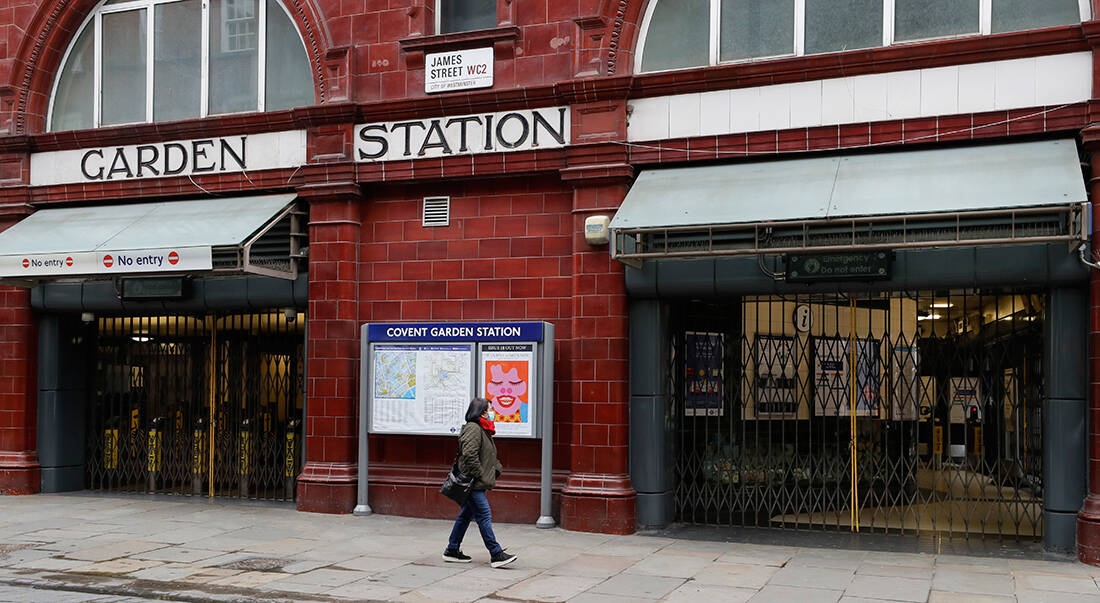
What did Vallance say? That in order for England to avoid a second escalation of the disease next winter, the country will reduce the coronavirus, "but it will not eradicate it completely." When he works to protect high-risk groups, such as the elderly, he will let the general population get sick.
And as the coronavirus causes only mild symptoms in younger age groups, most will recover and develop antibodies to the virus. This immunity of the herd will reduce the transmission of the coronavirus in the event of its recurrence in winter.
And then Vallance came out on Sky News and told us that "probably 60%" of people need to be infected to achieve the coveted mass immunity in COVID-19.
As we remember, from the very beginning the British special plan gathered a furious war from scientific and political circles. Some even spoke of an "extermination plan". And not completely unfairly.
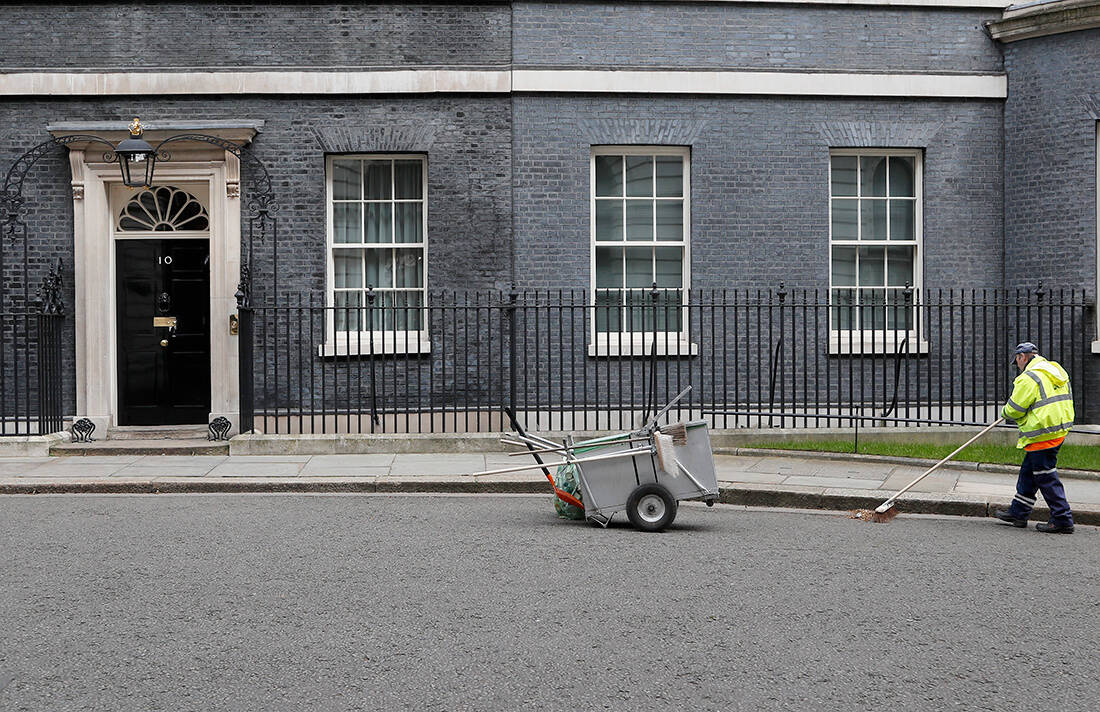
Herd immunity exists in medical textbooks, but is created through vaccination. And while it can indeed be achieved through generalized infection, "you do not rely on the deadly and infectious agent itself to create immunity in the population," as Akiko Iwasaki, a professor of virology at Yale School of Medicine, rightly observes.
And the truth is that this seems to have been what the British wanted to do, judging at least by the public attitudes of the heads of public health. As if to say "calm down, continue what you are doing and stick COVID-19». Only it was not exactly like that. Or was it?
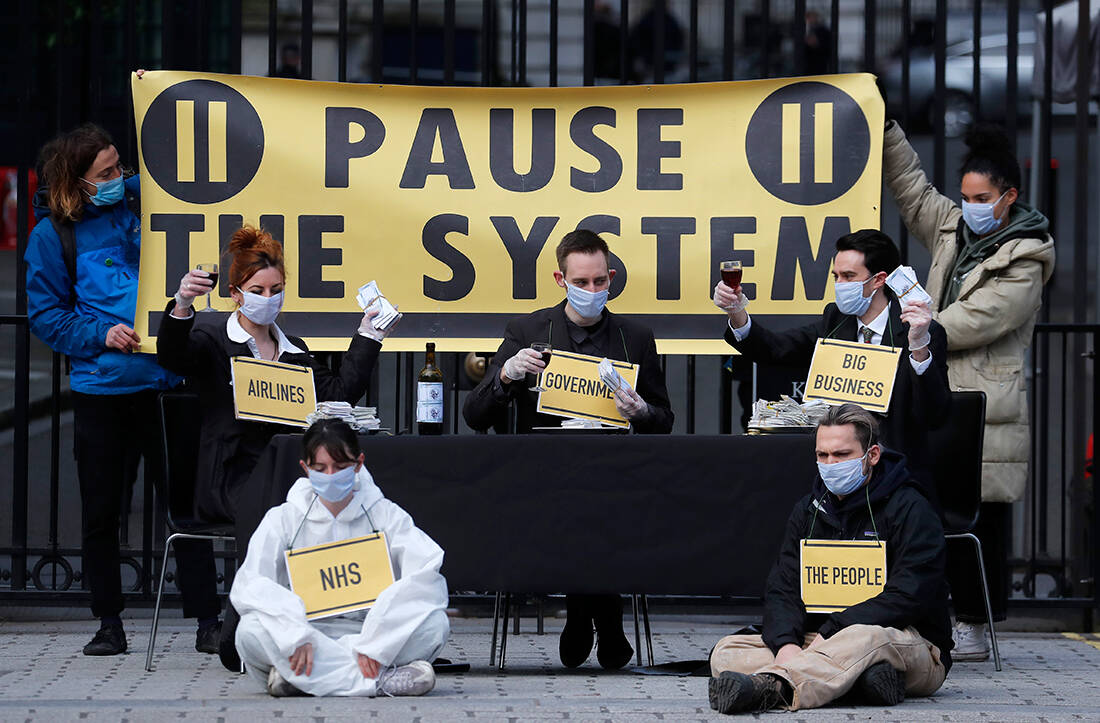
As people discussed the herd's immunity, the British newspaper "Guardian" brought to light a secret document of senior officials of the British health system that outlined a different picture.
How is it expected to 4 out of 5 Britons become infected that is, that the virus will not stop until the spring of 2021. But also that 7,9 million citizens will need treatment, throwing the health system on the rocks.
"Up to 80% of the population is expected to be infected with COVID-19 "In the next 12 months and up to 15% (7,9 million citizens) may need to be hospitalized," the paper said, according to the Guardian.
In fact, the 1% mortality rate is confirmed, which means 531.000 deaths. The blood tax is undoubtedly tragic for a people to develop herd immunity…
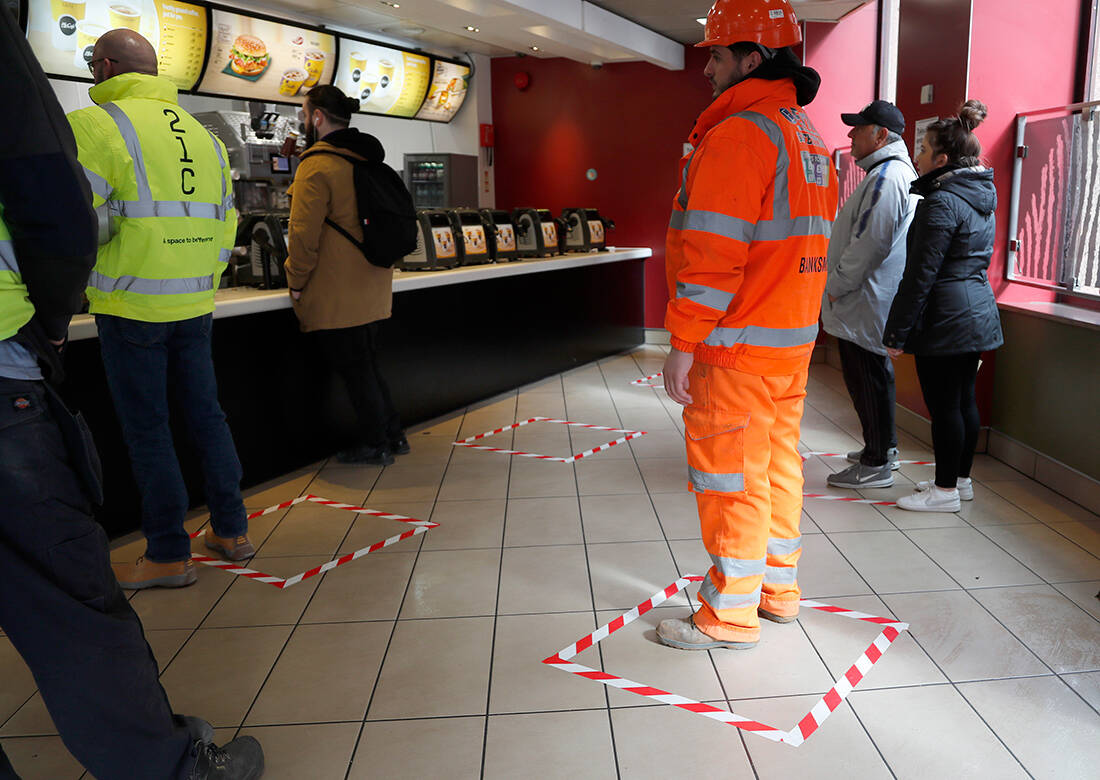
"People misinterpreted the phrase herd immunity, believing that we want the epidemic to infect everyone," says the professor. Graham Medley of the London School of Hygiene and Tropical Medicine. Medley is chairman of the scientific committee that analyzes the patterns of epidemic spread and advises the British government on measures against the current pandemic.
Their goal, he tells us, is the same as in other countries, to reduce cases. Herd immunity is not now the goal, but the by-product of the measures. Health Minister Matt Hancock made it clear: "Herd immunity is not our goal or our policy."
In fact, the official government plan to deal with the coronavirus, published online, nowhere mentions the term "herd immunity". "The message was really confusing and I think that was quite unfortunate," said Petra Klepac, an epidemiologist and member of the London School of Hygiene committee.
Was it all a simple communication mistake?

Since last Tuesday, the British have been progressively increasingly aligned with the rest of Europe in terms of tightening measures. Football was banned and the scenes were emptied supermarket were reminiscent of the new normality of the planet.
Even the streets began to empty. Authorities are now advising people to avoid "unnecessary socializing" and not to go to restaurants, bars, theaters. And, if he can, he works from home.
Even the quarantine directive, if you experience symptoms such as cough and fever, has been harmonized with the international experience of the 14-day closure. And they said something about closing schools from Monday.
Even so, their measures are more relaxed than other European countries. Like France, let's say, that in order to leave home you have to fill out an application for the reasons of your traffic in the city.
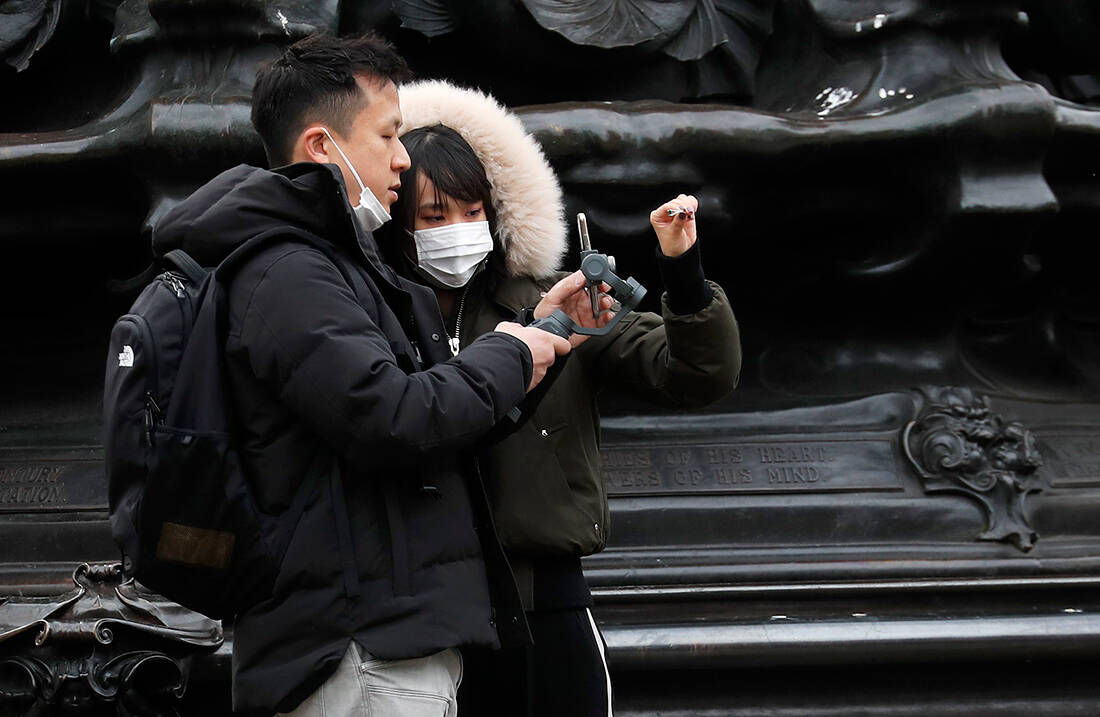
Opponents of the British strategy are now debating why they are taking so long to take the necessary measures. Why not follow the example of China, where total lockdown has effectively curbed the spread of the coronavirus? Or the Singaporean approach, where aggressive control and quarantine policies seem to work with the above (345 cases, 0 deaths);
They have not seen her tragic images Italy; The gloomiest reminder of what is going to happen when you are late in taking restrictive measures? Didn't they even hear the World Health Organization advise "check, check, check"?
Medley has the answer: "My problem with the strategies of many countries," he says, "is the fact that they have not thought about it since next month. The United Kingdom is different. "
The ban on the stadium and the closure of the schools "seems right, but it is not necessarily based on empirical data". Panic moves are considered by the man who sets the national strategy of England, preferring instead more sober moves that will pay off in the long run.

Whether this will work out for them, no one knows. And it is definitely something that will be judged in the end. For now, however, the British healthcare system is at an overload level just a few weeks behind Italy.
Italy, where the 41.000 cases have forced doctors to make some very creepy decisions about who will live and who will die.
South Korea, on the other hand, seems to have tamed him coronavirus, through a combination of effective control and social isolation. Something that Hong Kong and Taiwan are doing successfully, for the time being at least.
How does Britain respond to all this? With opacity! The models and data that have influenced its national strategy have never been published. Where all other researchers worldwide are more than willing to share their findings with the scientific community…
